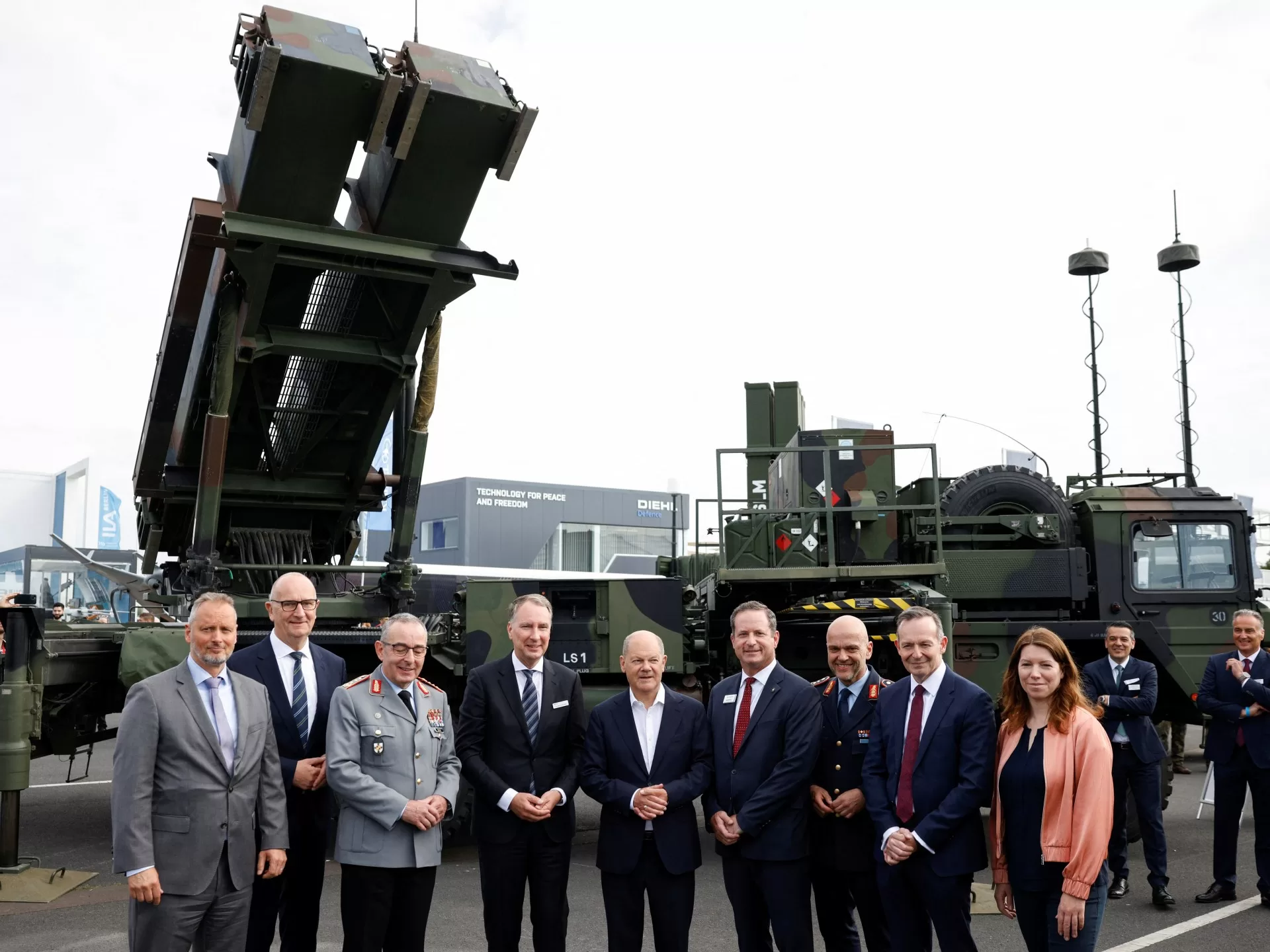Anxiety and anger about the future of the European Union has been on the rise for some time now. The union has been in the grips of a deepening crisis – or rather multiple deepening crises: a cost-of-living crisis, a housing crisis, a migration crisis, a sluggish growth crisis, and above all, a political crisis. It faces a significant challenge from the far right, which is surging in the polls in many EU countries, threatening to upend the fragile EU cohesion and “liberal values”.
Just a few days ago, the far-right Freedom Party won the Austrian elections with 30 percent of the vote. The far right may still be excluded from the government formation process in Austria, but its other European iterations are in power or propping up a government in 9 out of the 27 EU countries.
On the international front, perhaps the most significant challenge the EU is facing is the continuing war in neighbouring Ukraine, which is showing no sign of abating amid a sustained flow of weapons from Europe and the US. And, of course, there is a long shadow of climate change, which continues to fuel deadly natural disasters.
Unsurprisingly, the response of the EU political leadership to these mounting crises has been not to address their root causes, which all boil down to the destructive neoliberal policies they have happily embraced. Instead, their reaction has been to warmonger, perhaps hoping that the prospect of war can help the people of Europe forget their grievances.
Over the past two years, we have repeatedly heard that the biggest threat to European security is Russia and that the solution to it is to defeat Russia in Ukraine. We have been repeatedly told that the path to peace is escalation.
European weapons have been flowing into Ukraine, with EU countries gradually expanding their range to include more deadly, more destructive weapons. Now, the latest has been the insistence by European leaders, including the outgoing EU foreign chief Josep Borrell, that Ukraine be allowed to use long-range missiles to hit targets on Russian territory.
On September 19, the European Parliament passed a non-binding resolution calling for countries supplying missiles to Ukraine to allow it to use them against Russian targets.
Russia has repeatedly warned against such a move. It even recently updated its nuclear doctrine, lowering the threshold for the use of nuclear weapons.
While escalation through weapons supplies to Ukraine continues, Europeans are also being told that their countries need to spend more on arms to get ready if this same escalation they are encouraging gets out of control and the EU finds itself at war with Russia. Andrius Kubilius, the EU’s defence commissioner nominee – a position newly created to address the “Russia threat” – for example, believes the union should become a “war-weapons storehouse” to deter Moscow.
The war economy mantra has also been promoted, as Europeans are pushed to believe that a military build can boost the flailing European economy.
In September, the liberal economist Mario Draghi, the former president of the European Central Bank and former Italian Prime Minister, released a much-awaited report titled, “The Future of European Competitiveness,” which has been lauded by many as a “step in the right direction” for promoting deeper economic integration of the union.
“Peace is the first and foremost objective of Europe. But physical security threats are rising, and we must prepare,” Draghi wrote in the report’s introduction. He then went on to suggest that the EU invest heavily in building up its armament industry.
European leaders increasingly appear to be embracing the Latin adage, “Si vis pacem para bellum”, or “If you want peace, prepare for war.” The problem with “warmongering for peace” today is that the existence of nuclear weapons, which can obliterate human civilisation, have radically changed the war-peace equation, especially in cases where a nuclear power is involved.
One, of course, can argue that European leaders are big on words, but not so keen on deeds – hence the reluctance to go forward with allowing Ukraine to use long-range missiles, despite the EU parliament resolution and all the eager rhetoric. However, ambiguity and rhetorical threats are still dangerous because they open up the space for military incidents that could have grave consequences.
What all this talk about war, preparing for war, and arming for war does is that it effectively distracts from the EU’s many crises and their roots.
For all its insistence of upholding human rights, freedom, democracy and equity, the EU is essentially a neoliberal organisation that very much protects the rights of the wealthy to become wealthier. Economic policy is not shaped by concern for the health and wellbeing of ordinary EU citizens, but by concern for securing corporate profits.
This is why the welfare state is retreating across Europe; employment is becoming increasingly precarious and dominated by the gig economy; and the prices of food, utilities and housing are unaffordable for many. The EU’s extractive neoliberal policies in the form of various trade deals with developing countries are also ravaging economies in the Global South and driving migration to the continent.
The EU’s neoliberal core is also why the EU leadership is failing to push through a just green transition without offloading its cost onto ordinary citizens.
Warmongering, arming and creating a grand unified military-industrial complex will not solve any of these problems. Instead, the EU should overhaul its political, social, climate and economic strategies to focus on social values, participatory democracy, pluralism, welfare, sustainable growth, peace, and cooperation. This may mean developing a new form of socialism to replace the present neoliberal disaster and uplift all of Europe.
The views expressed in this article are the author’s own and do not necessarily reflect Al Jazeera’s editorial stance.
